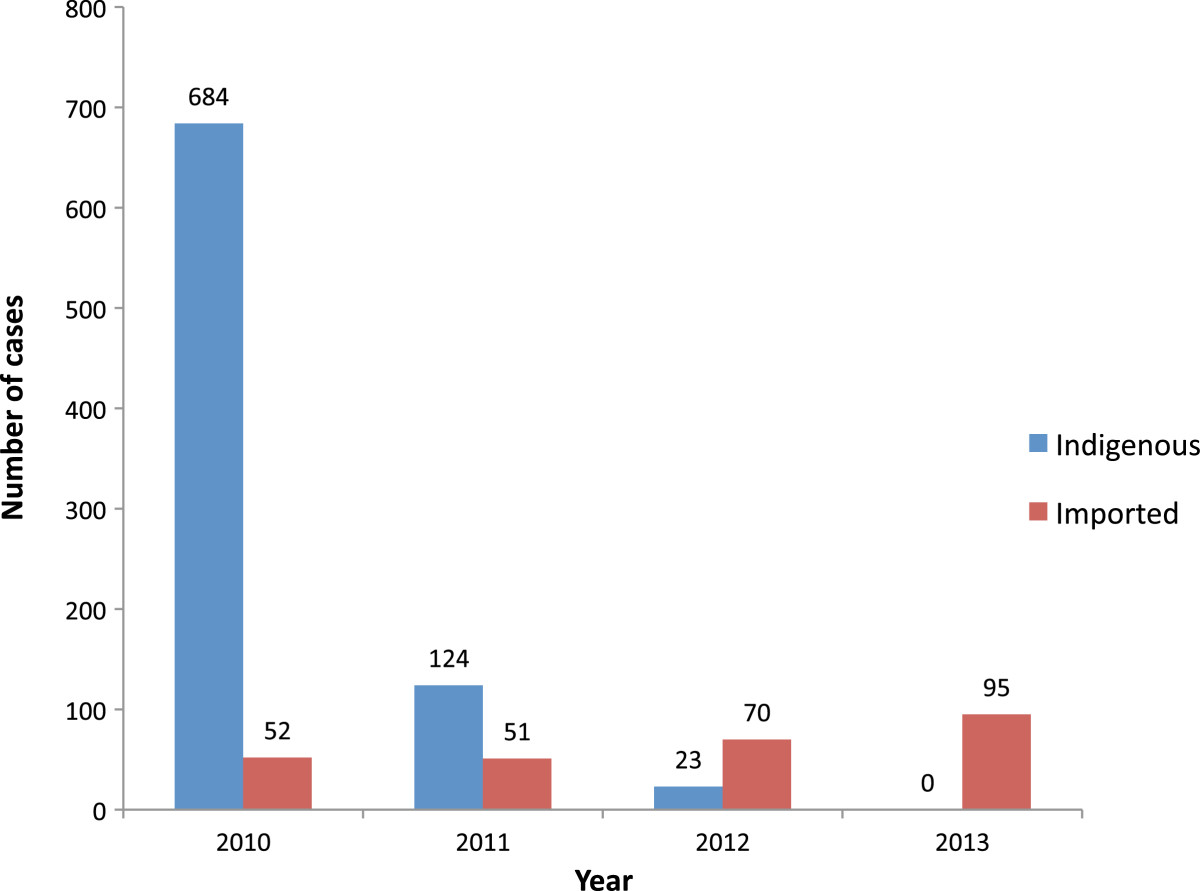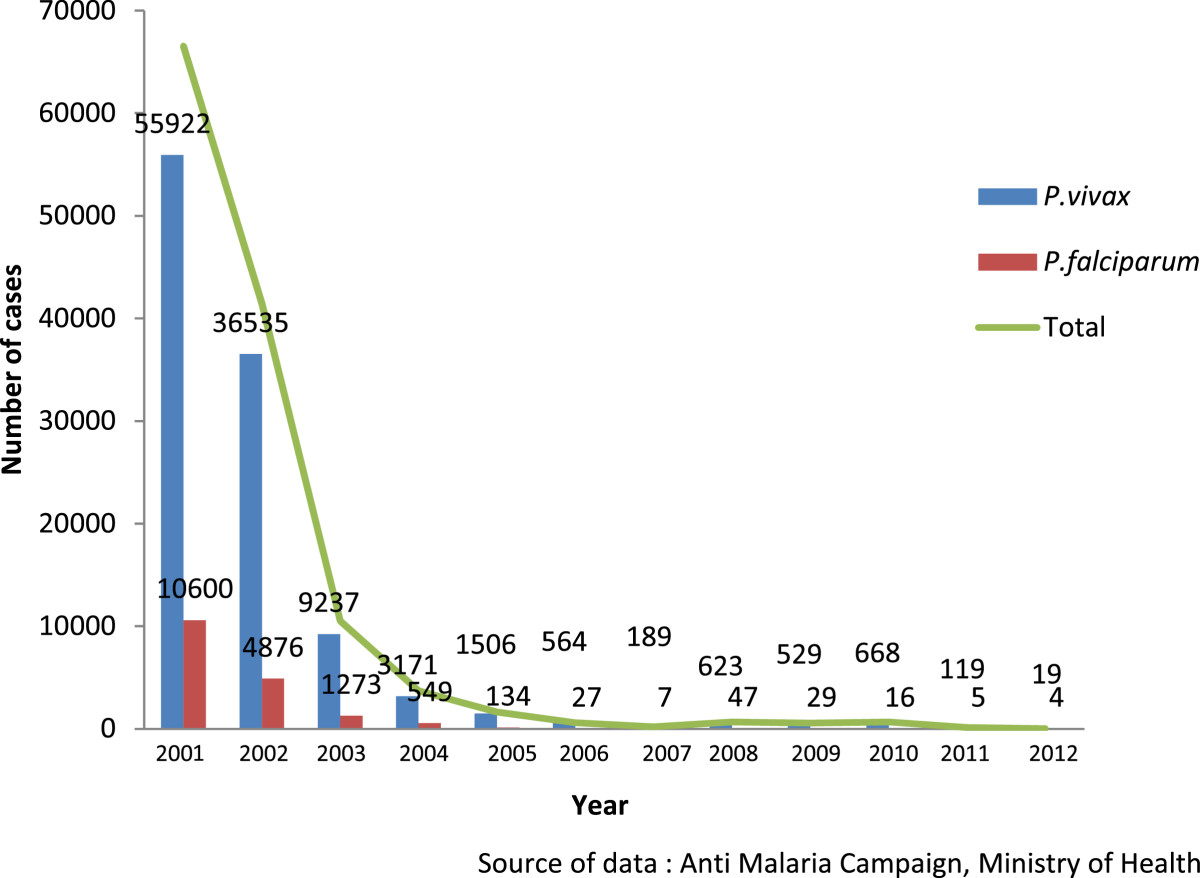Finally some good news in the health front from South Asia. Sri Lanka became the first major country in the region to be declared malaria free by World Health Organisation.A country is declared free of malaria when it does not report any indigenous cases for three consecutive years.
In a remarkable public health achievement, Sri Lanka was today certified by WHO on having eliminated malaria, a life-threatening disease which long affected the island country.
“Sri Lanka’s achievement is truly remarkable. In the mid-20th century it was among the most malaria-affected countries, but now it is malaria-free. This is testament to the courage and vision of its leaders, and signifies the great leaps that can be made when targeted action is taken. It also demonstrates the importance of grass-roots community engagement and a whole-of-society approach when it comes to making dramatic public health gains,” WHO Regional Director, Dr Poonam Khetrapal Singh, said here.
Sri Lanka’s road to elimination was tough, and demanded well-calibrated, responsive policies. After malaria cases soared in the 1970s and 80s, in the 1990s the country’s anti-malaria campaign adjusted its strategy to intensively target the parasite in addition to targeting the mosquito.
The change in strategy was unorthodox, but highly effective. Mobile malaria clinics in high transmission areas meant that prompt and effective treatment could reduce the parasite reservoir and the possibility of further transmission. Effective surveillance, community engagement and health education, meanwhile, enhanced the ability of authorities to respond, and mobilized popular support for the campaign.

Karunaweera et al.; Malaria Journal201413:59
The adaptation/ flexibility of strategies and support from key partners such as WHO and the Global Fund to Fight AIDS, Tuberculosis and Malaria fast-tracked success. By 2006, the country recorded less than 1 000 cases of malaria per year, and since October 2012, the indigenous cases were down to zero. For the past three-and-a-half years, no locally transmitted cases have been recorded.
To maintain elimination and ensure the parasite is not reintroduced to the country, the anti-malaria campaign is working closely with local authorities and international partners to maintain surveillance and response capacity and to screen high-risk populations entering the country.
The Maldives, the tiny South Asian nation made up of a group of islands, had already been declared malaria free. But it is highly unlikely to see other countries of the region, including India, becoming malaria free in the foreseeable future.
Here is the recent data from India.
With a Government having a very low priority for spending in health care, India may even see a resurgence of malaria cases than a decline.
Still the encouraging news from our southern neighbour raises hopes about a malaria free India somewhere in the fag end of my life time.



Comments welcome